Your cart is currently empty!
By
John Abraham
| UPDATED

Grandparents often underestimate the quiet influence they have on their grandchildren. Every action, from how you treat others to the way you handle stress, teaches lessons that words alone cannot convey. Your habits, reactions, and attitudes provide a living blueprint for how to navigate life, relationships, and challenges. These subtle lessons shape their values, confidence, and character, proving that the most profound teachings often come without a single lecture.
31. How You Treat Others

Grandkids notice how you interact with friends, neighbors, and strangers. Respect, patience, and kindness become tangible lessons. When they see you listen attentively or help someone in need, they internalize the importance of empathy and compassion. These small moments teach them social grace, integrity, and how to build healthy relationships, often more effectively than any verbal advice.
30. How You Handle Stress
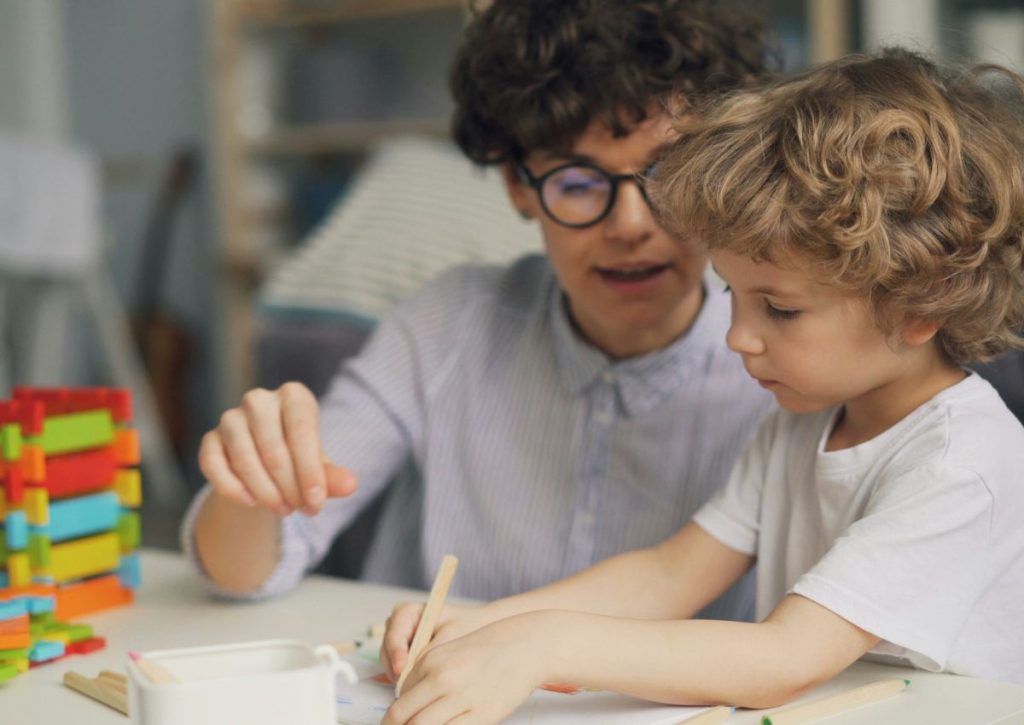
Your approach to challenges teaches resilience. Grandkids observe whether you react with calm problem-solving or frustration. Demonstrating patience, deep breathing, or thoughtful reflection shows them how to cope with stress constructively. They learn that setbacks are normal and manageable, equipping them with emotional regulation skills they’ll carry into adulthood.
29. The Value of Hard Work

Grandkids absorb lessons about diligence by watching your dedication. Whether you maintain a garden, pursue hobbies, or manage responsibilities, they see that effort is rewarding. Witnessing your commitment teaches perseverance, responsibility, and pride in accomplishment, instilling a mindset that hard work and consistency often lead to meaningful outcomes.
28. How You Apologize
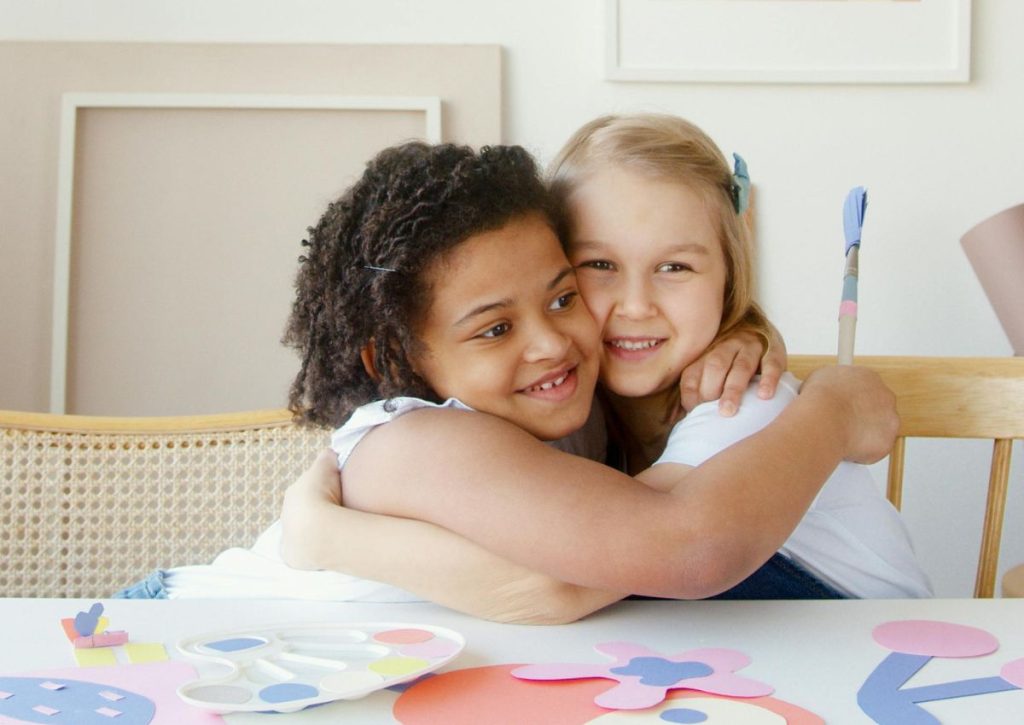
Apologizing openly shows humility and accountability. Grandkids notice when you admit mistakes sincerely and seek to make amends. This models emotional intelligence and teaches them that everyone errs, but owning up and correcting behavior strengthens relationships. They internalize that apologies aren’t weakness—they’re a pathway to trust and respect.
27. Your Attitude Toward Learning
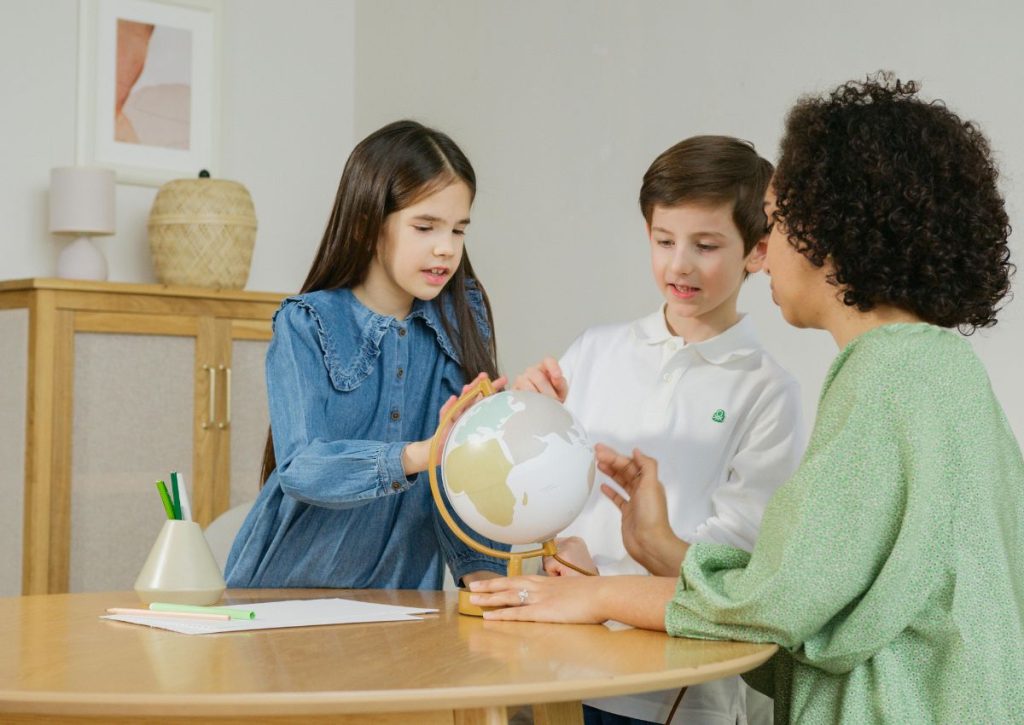
Your curiosity shapes theirs. Whether reading, exploring, or asking questions, grandkids see that learning is a lifelong journey. Demonstrating interest in new ideas, cultures, or skills shows them that growth never stops, fostering a love of discovery and an adaptable mindset that prepares them for life’s ever-changing challenges.
26. How You Handle Money

Financial habits are absorbed silently. Saving, budgeting, and responsible spending teach lessons about planning and value. Grandkids notice your decisions and begin forming their own understanding of money management, responsibility, and generosity, learning the balance between enjoyment and prudence without a single lecture.
25. Showing Gratitude
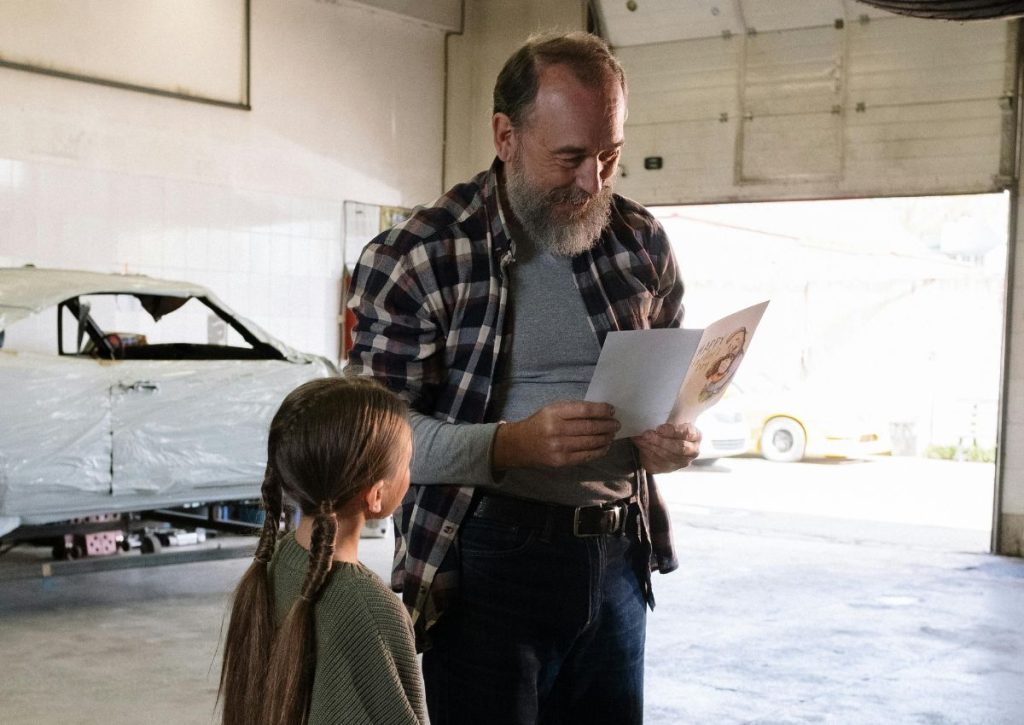
Gratitude is contagious. Whether thanking others, appreciating small moments, or keeping a gratitude journal, grandkids learn to notice the positive in life. This fosters optimism, empathy, and mental well-being, teaching them that appreciation enriches both relationships and personal happiness.
24. How You Express Emotions

Your emotional openness teaches theirs. Sharing joy, sadness, or vulnerability appropriately shows them that feelings are normal and manageable. They absorb that emotions can be expressed safely, promoting emotional literacy and resilience, and creating a foundation for healthy self-expression in their own lives.
23. How You Handle Conflict

Grandkids learn conflict resolution through observation. Whether you negotiate calmly, listen actively, or compromise, they internalize constructive ways to manage disagreements. This teaches respect, patience, and communication skills, showing them that disputes can be resolved peacefully and relationships preserved.
22. The Importance of Humor
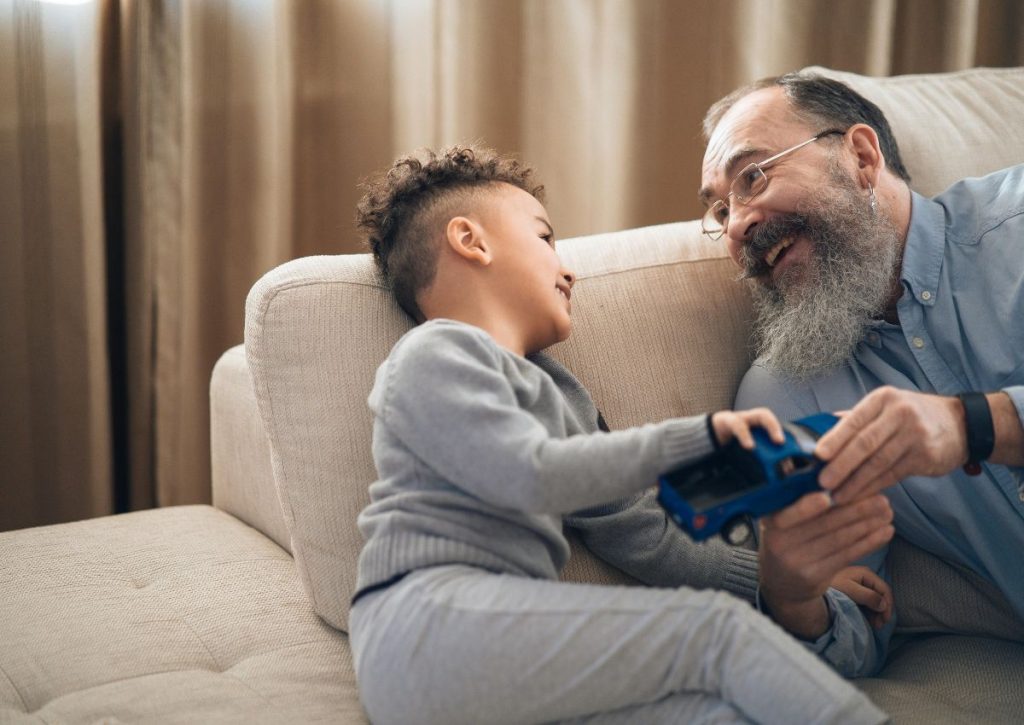
Your laughter and ability to find joy in everyday life teach them that humor is a powerful coping tool. Grandkids notice how you lighten tense moments or celebrate small victories, learning that optimism and playfulness improve mental health and relationships, and that joy can be found even in challenges.
21. How You Treat Yourself

Self-care and self-respect are lessons often absorbed silently. Grandkids notice when you set boundaries, rest, or pursue hobbies. They learn that valuing themselves, maintaining health, and balancing responsibilities are essential life skills, and that self-compassion is as important as caring for others.
20. How You Handle Technology

Your tech habits teach awareness and balance. Whether responsibly using phones, setting limits, or modeling safe online behavior, grandkids observe how to integrate technology without letting it dominate life. This builds digital literacy and self-control, helping them navigate modern challenges responsibly.
19. Your Attitude Toward Mistakes
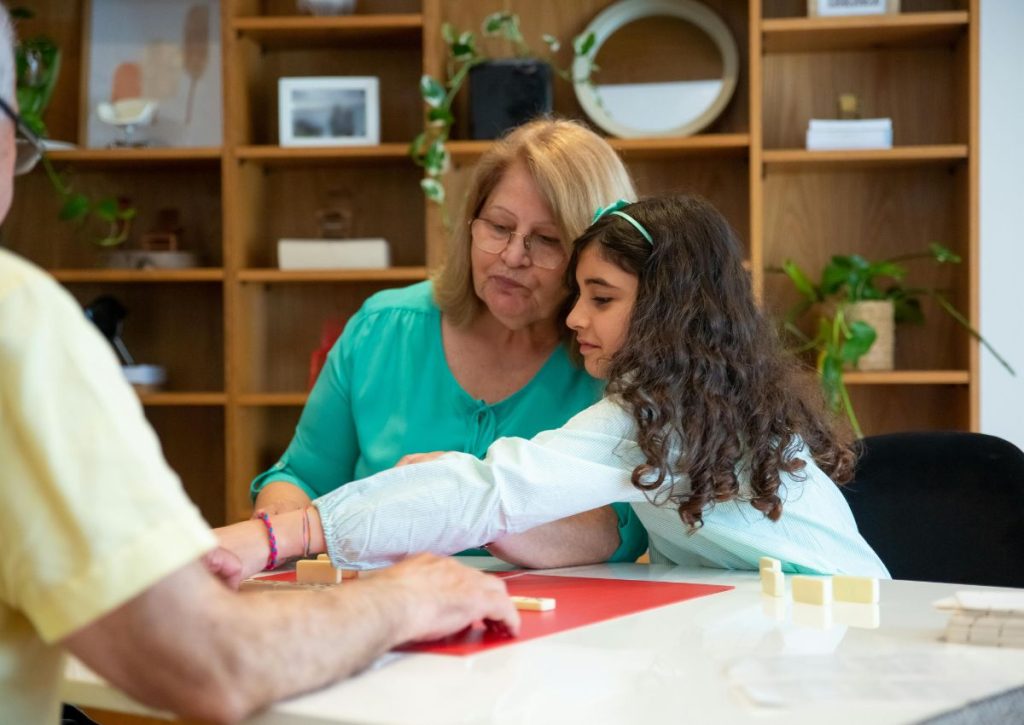
Modeling grace after failure teaches resilience. Grandkids see that mistakes are learning opportunities, not sources of shame. Watching you adapt, reflect, and try again instills confidence and perseverance, helping them approach setbacks with curiosity and courage rather than fear or embarrassment.
18. How You Show Respect

Respectful gestures toward others—like politeness, active listening, or acknowledging differences—teach grandkids empathy and social grace. They observe the importance of valuing others’ perspectives, understanding boundaries, and demonstrating kindness consistently, forming foundational social skills without formal instruction.
17. How You Balance Work and Play
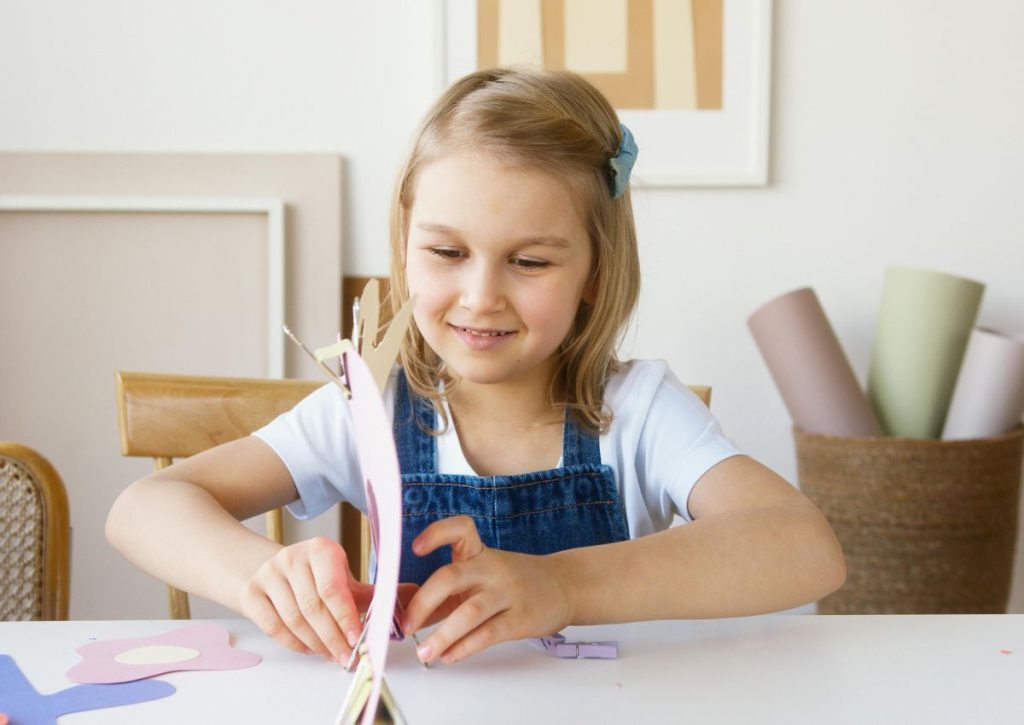
They notice when you set aside time for fun and relaxation alongside responsibilities. Grandkids learn that productivity is important, but so is joy, creativity, and rest. This observation encourages them to adopt a healthy lifestyle, where leisure and work complement rather than conflict with each other.
16. How You Handle Criticism
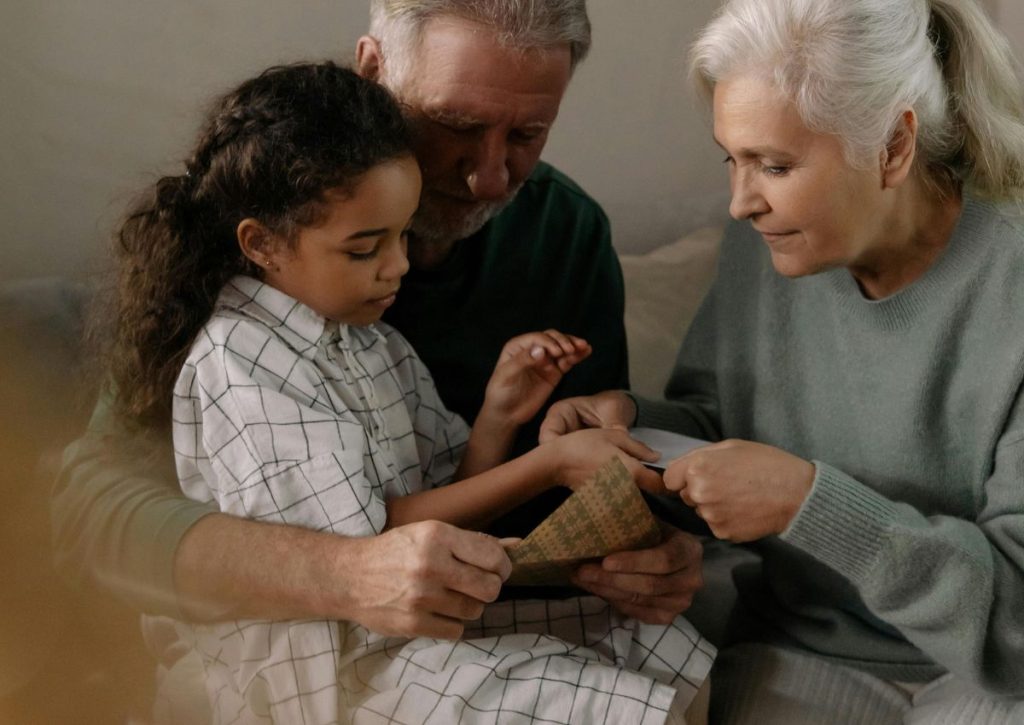
Grandkids learn from your responses to feedback. Accepting critique gracefully and using it constructively teaches humility and adaptability. They internalize that criticism can be a tool for growth rather than a personal attack, encouraging self-improvement without defensiveness or discouragement.
15. Your Attitude Toward Community
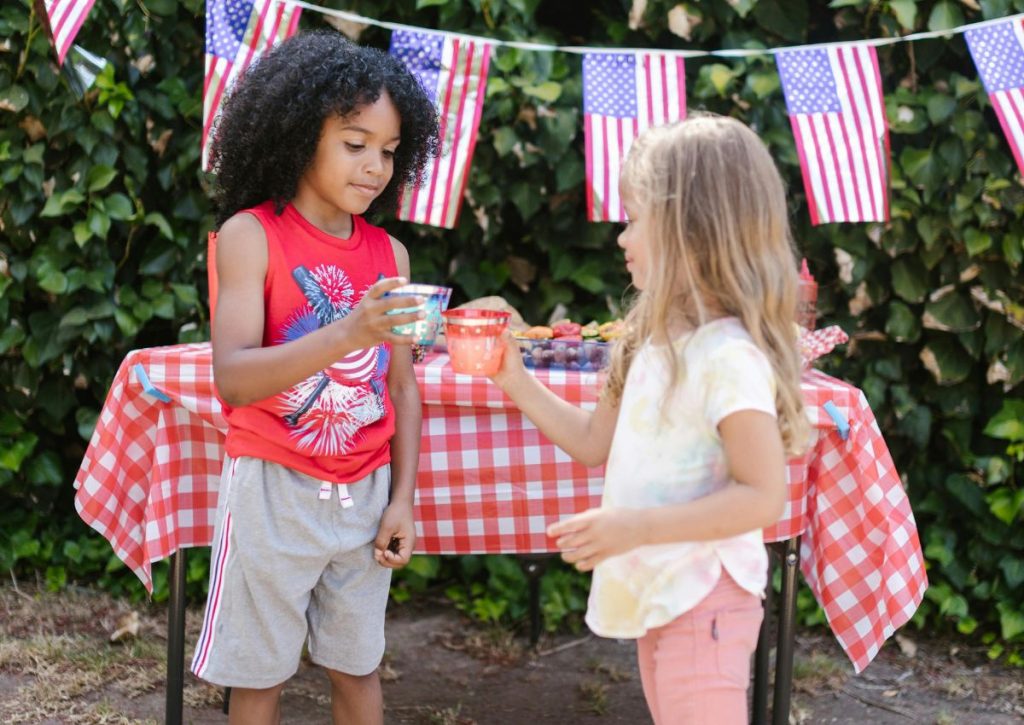
Grandkids notice your participation in community life—volunteering, attending events, or helping neighbors. They absorb the value of social responsibility, cooperation, and civic engagement. Observing your contributions fosters a sense of purpose, empathy, and connectedness beyond the family unit.
14. How You Nurture Friendships
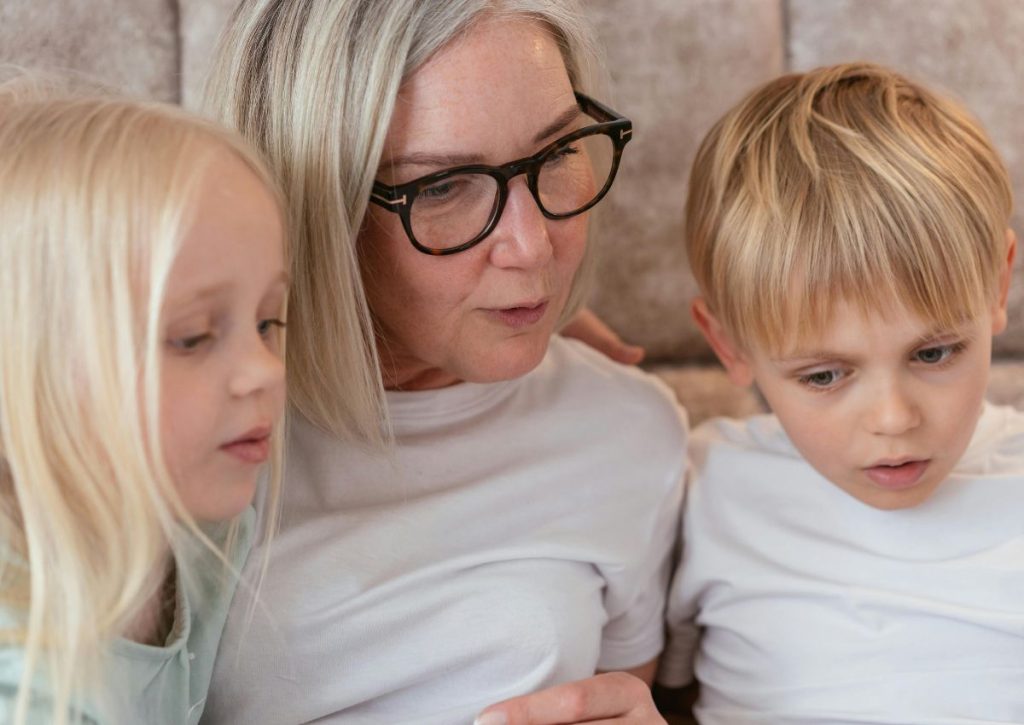
The way you maintain friendships teaches social dynamics. Grandkids see loyalty, communication, and conflict resolution in action. They learn to invest in meaningful relationships, understand compromise, and prioritize trust, forming the foundation for lasting and supportive connections in their own lives.
13. How You Handle Disappointment
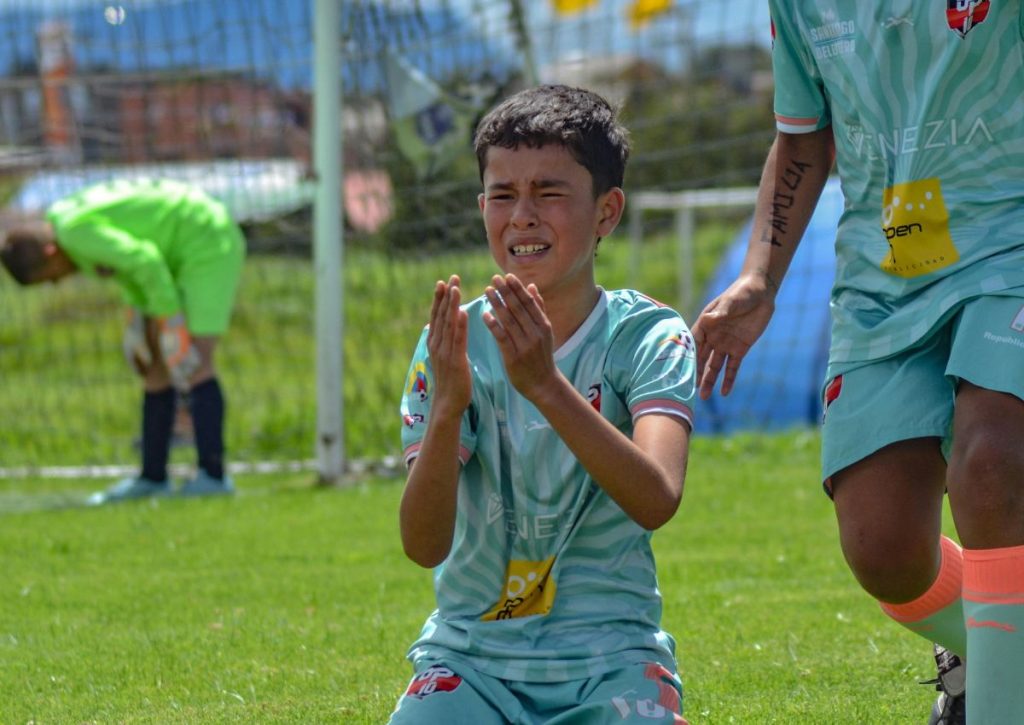
Your reactions to setbacks teach resilience. Grandkids notice whether you respond with grace, reflection, or frustration. By modeling calm acceptance and constructive action, you teach them to process disappointment healthily, maintain perspective, and persevere despite challenges, fostering long-term emotional strength.
12. How You Express Love

Grandkids internalize love through your actions—hugs, words, attention, and support. They learn the importance of showing care consistently, valuing relationships, and creating emotional bonds. Your affectionate behaviors teach them empathy, security, and the joy of meaningful connections.
11. How You Prioritize Health
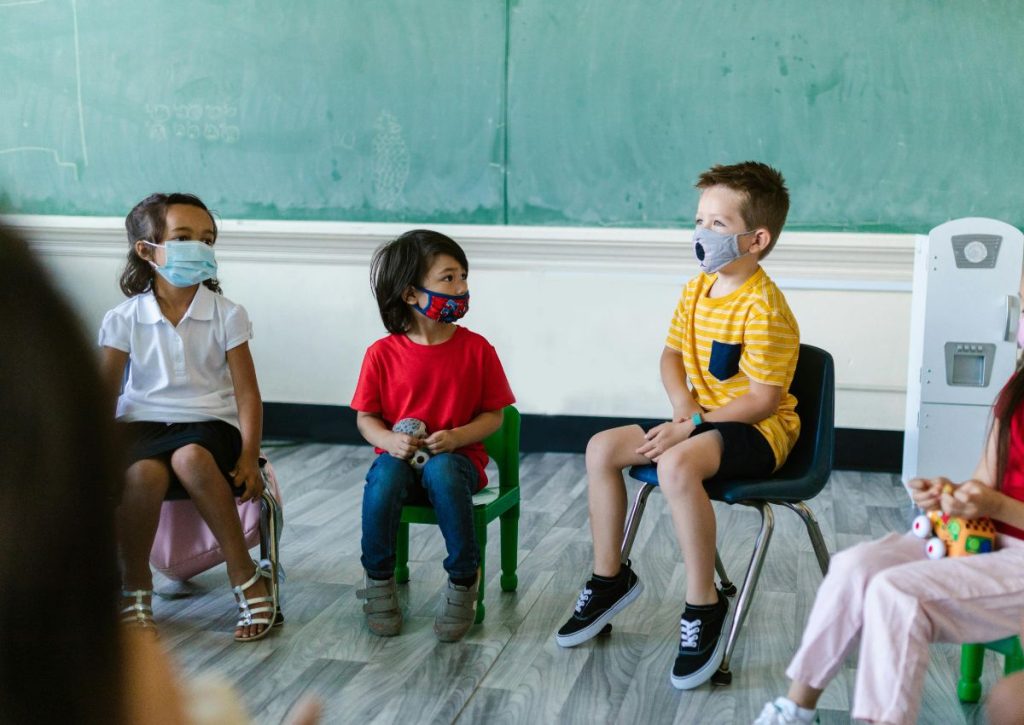
Your choices regarding exercise, nutrition, and sleep teach children the importance of holistic wellness. Grandkids notice patterns and develop habits by example, learning that self-care affects energy, mood, and longevity, and that personal responsibility for health is empowering.
10. How You Handle Change
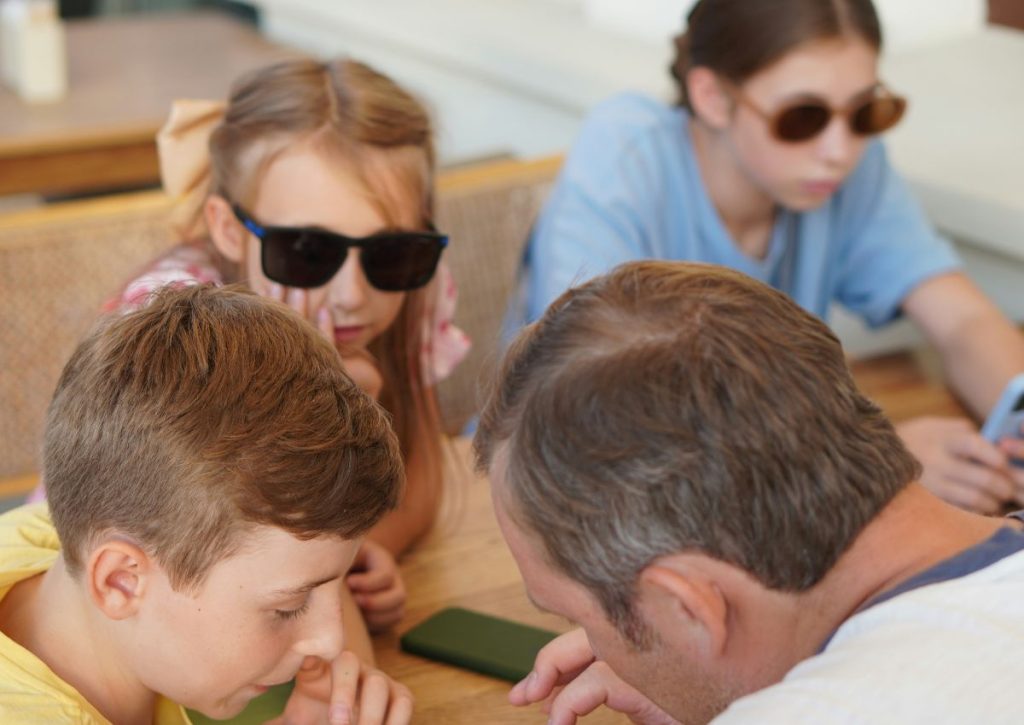
Grandkids observe your adaptability to life transitions. Embracing new experiences, navigating uncertainty, and adjusting expectations teach flexibility. They learn that change is a natural part of life and can be met with curiosity, patience, and confidence rather than fear.
9. How You Pursue Passions
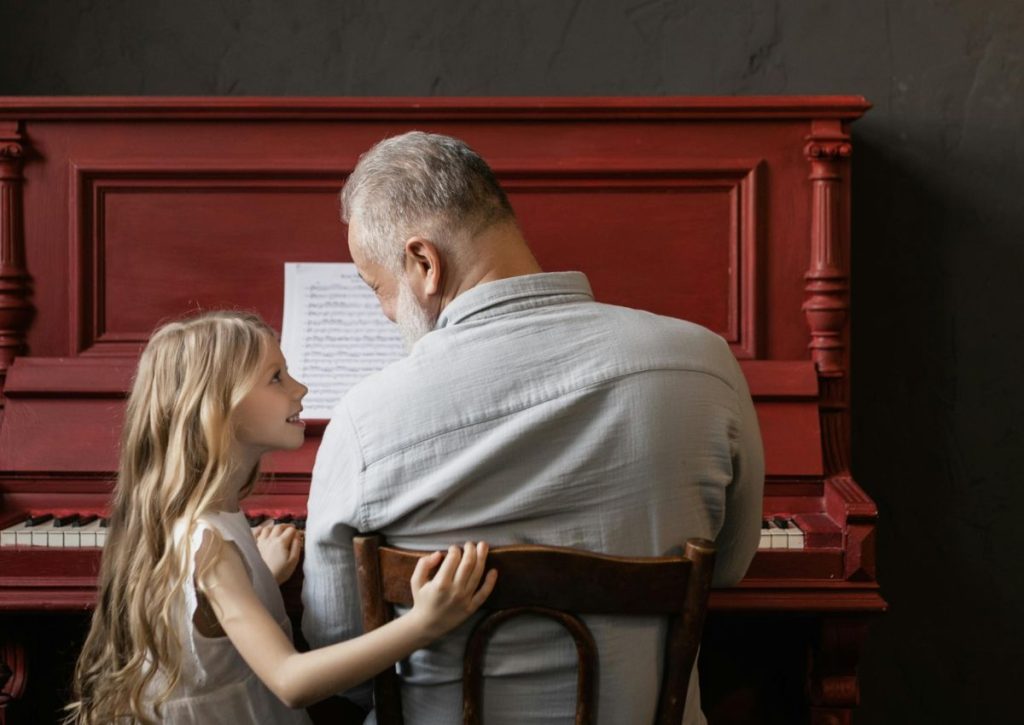
Your dedication to hobbies and interests teaches them that joy comes from personal fulfillment. Watching you invest time and energy in what you love inspires curiosity, creativity, and perseverance, encouraging them to explore their own passions and value personal expression.
8. How You Demonstrate Integrity
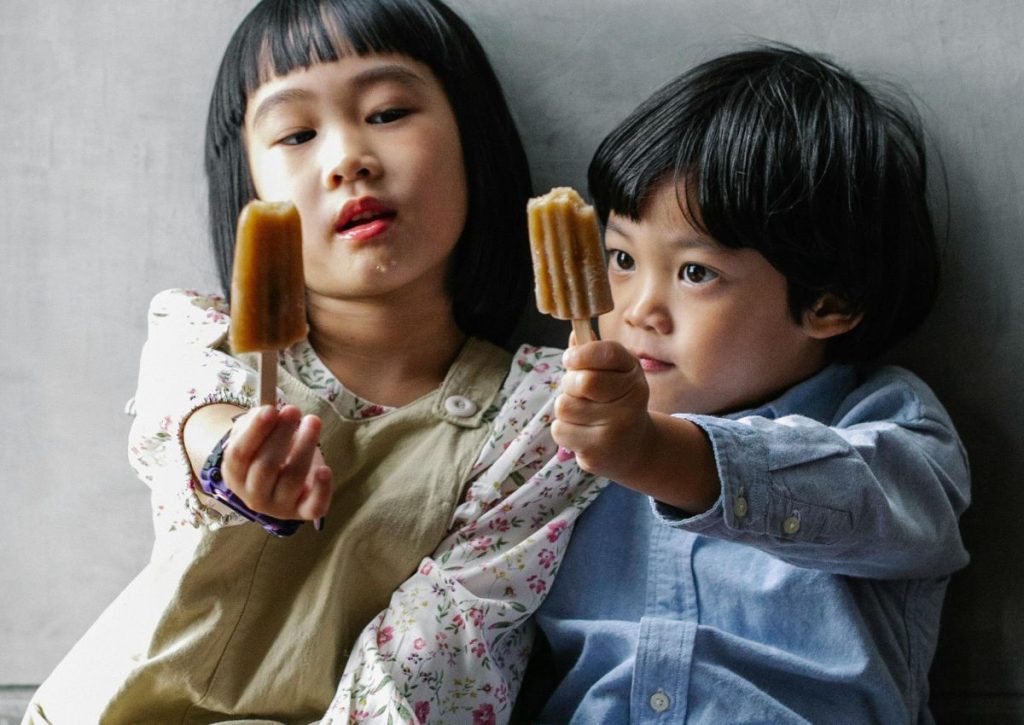
Grandkids internalize moral lessons by seeing honesty, fairness, and ethical behavior in action. Whether honoring commitments or acting consistently with your values, they learn that integrity matters more than shortcuts or convenience, shaping character development through observation.
7. How You Handle Technology

Grandkids notice when grandparents use technology with curiosity and patience. Whether it’s video calls, games, or learning new apps, showing openness teaches them that trying new things is fun and safe, and it strengthens your connection by creating shared experiences in the digital world.
6. How You Approach Challenges
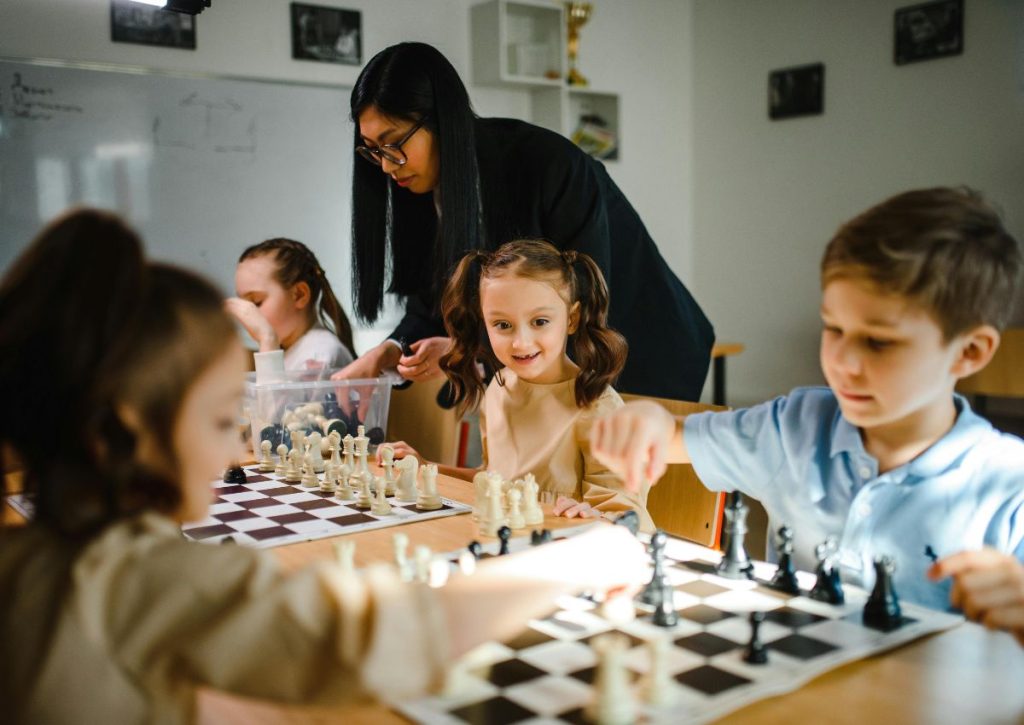
Grandkids observe whether you confront obstacles head-on or avoid them. Resilient, solution-focused behavior teaches perseverance, critical thinking, and courage, showing them that challenges are opportunities for growth rather than sources of fear.
5. How You Manage Emotions in Relationships

Observing your patience, empathy, and conflict resolution skills teaches emotional intelligence. Grandkids learn to navigate social interactions thoughtfully, understanding both their own feelings and others’ perspectives, shaping future interpersonal success.
4. How You Celebrate Success

Acknowledging achievements big and small teaches gratitude, humility, and joy. Grandkids learn that recognition matters, but so does appreciating effort, reinforcing balance between pride and groundedness.
3. How You Show Curiosity
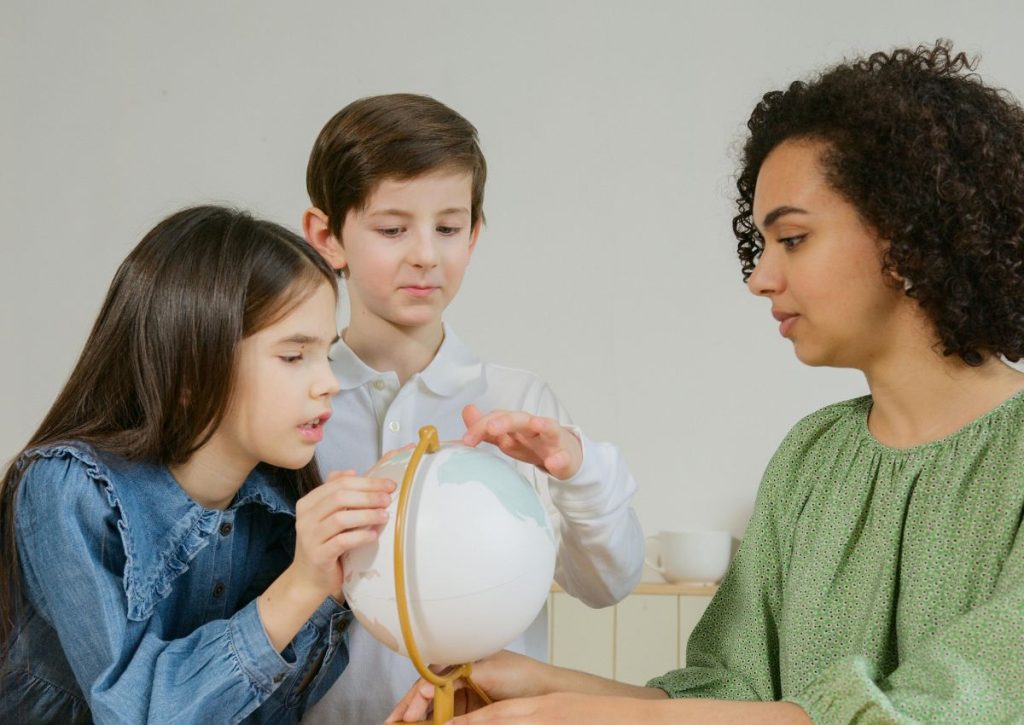
Your curiosity about the world inspires wonder and learning. Grandkids observe that asking questions, exploring, and reflecting are valuable behaviors, fostering intellectual engagement and adaptability in a constantly evolving environment.
2. How You Give Without Expecting
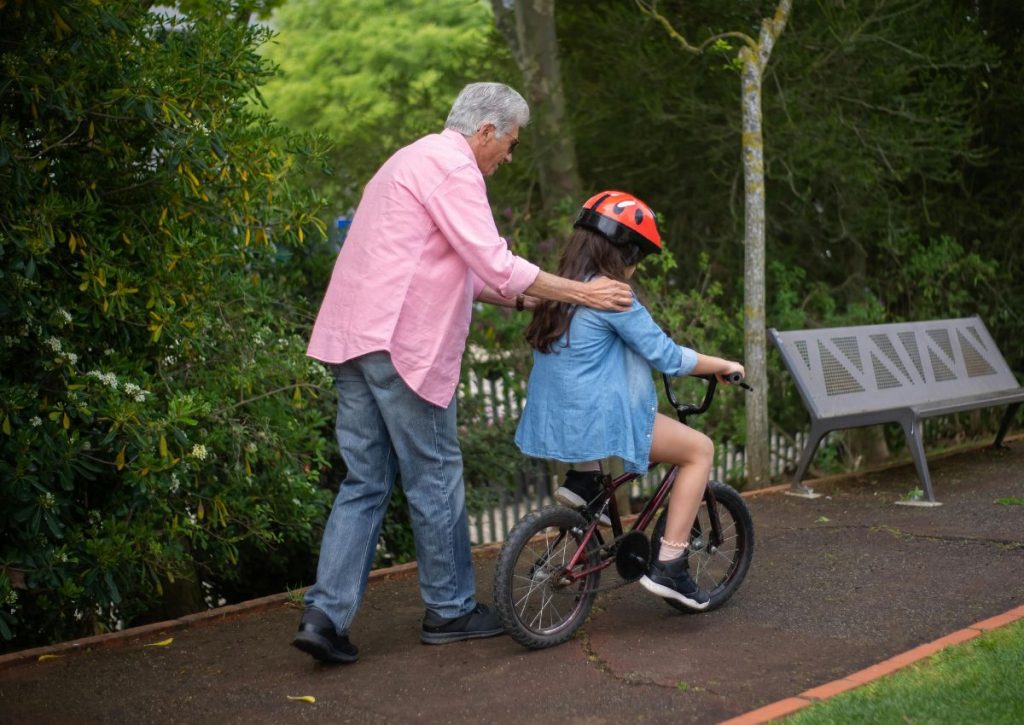
Acts of generosity, thoughtfulness, and selflessness demonstrate empathy in practice. Grandkids learn that kindness is its own reward, cultivating a spirit of service, compassion, and connection to others that lasts into adulthood.
1. How You Love Unconditionally
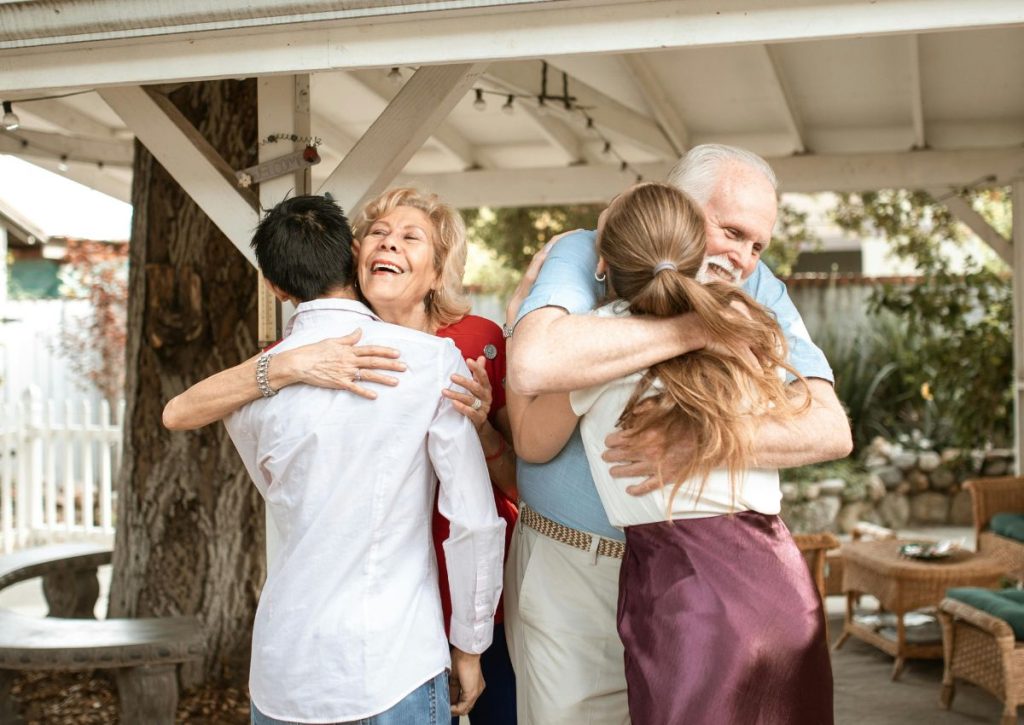
Ultimately, your consistent, unconditional love teaches them security, trust, and self-worth. Grandkids internalize that they are valued for who they are, which lays the foundation for confidence, empathy, and healthy relationships for life.

